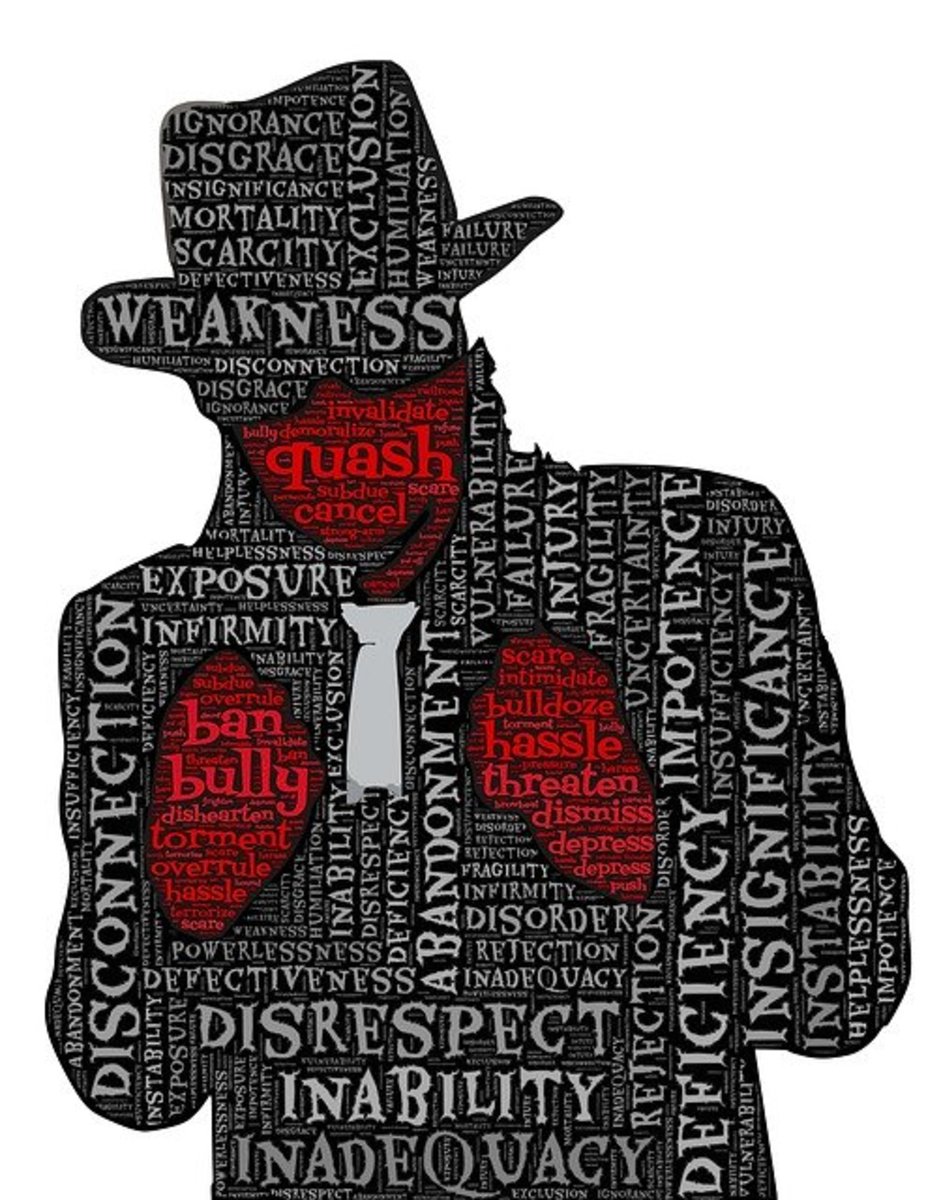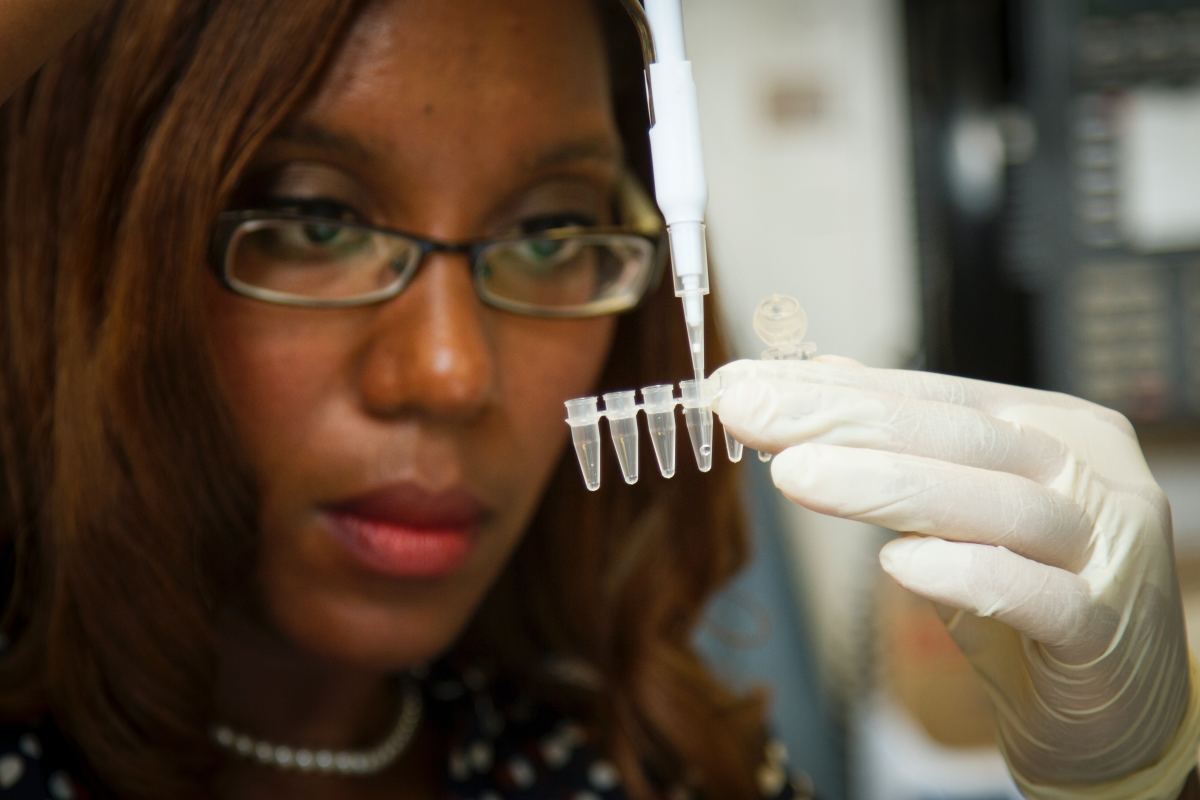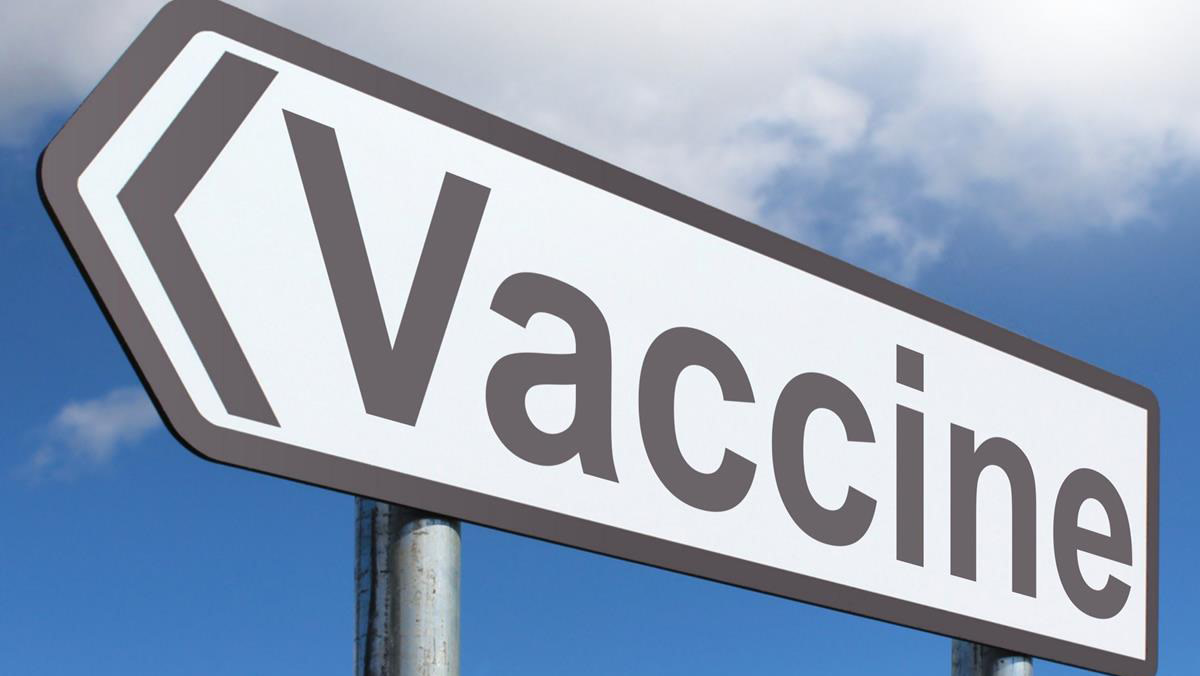Drug Testing in the Workplace

Mandatory Drug Testing in the Workplace
Employers are legally allowed—and sometimes required—to test employees for drugs. In some safety-sensitive professions, such as driving or working with heavy machinery, employers test not just for illegal drugs, but for legal prescription drugs, too. Employers who give drug tests make the case that workers who use drugs are less safe, less productive at work, and more likely to be absent. Many opponents of the policy disagree, stating that it's ineffective, invades privacy, and is discriminatory.
Is Employee Drug-Testing Effective?
A 1999 booklet published by the American Civil Liberties Union makes a strong case against drug testing by offering evidence that drug testing is not cost-effective. First, very few companies perform any cost-benefit analyses of drug-testing. Second, many of the frequently quoted statistics about loss of productivity in the workplace due to drug use are not actually backed up with evidence. Third, several studies show that drug testing prior to employment does not predict future behavior in the workplace. Fourth, correlation between absenteeism and termination are linked with drug-use, but potentially because they are also linked with age.
Employee Morale & Privacy Concerns of Drug Testing
Workplace drug screening can also create a negative work environment. It can be demeaning and embarrassing to undergo the drug test, which may involve peeing in a cup. Drug tests sometimes require employees to write a list of over-the-counter and prescription drugs they have recently used so that they don't show up on the drug test as false positives. Revealing recent or long-term illnesses can be both embarrassing and an invasion of privacy.
Potential for False Positives
Drug testing isn't foolproof—there is ample opportunity for a false positive, which can create unneeded stress and embarrassment for an employee who may fear for his or her job. Particular foods, medicine, nutritional supplements and makeup can all result in false positives. Some people can get a false positive drug test at work after being exposed to second-hand drugs, especially smoked drugs, in their environment. As always, there is also the possibility of human error.
Drug Testing and Discrimination
Is drug testing discrimination? There is considerable debate about whether or not drug addiction is a brain disease. If it is, it may be considered a disability. The Americans with Disabilities Act limits testing of alcohol because alcoholism is considered a disability. Illegal drug addiction is not considered a disability, though this designation may be inaccurate. In the case of prescription drugs, identifying and terminating employees based on their use of drugs for medical conditions could be considered discrimination. (See The New York Times article "Drug Testing Poses Quandary for Employers" for a more in-depth look at prescription drugs and the workplace.)








